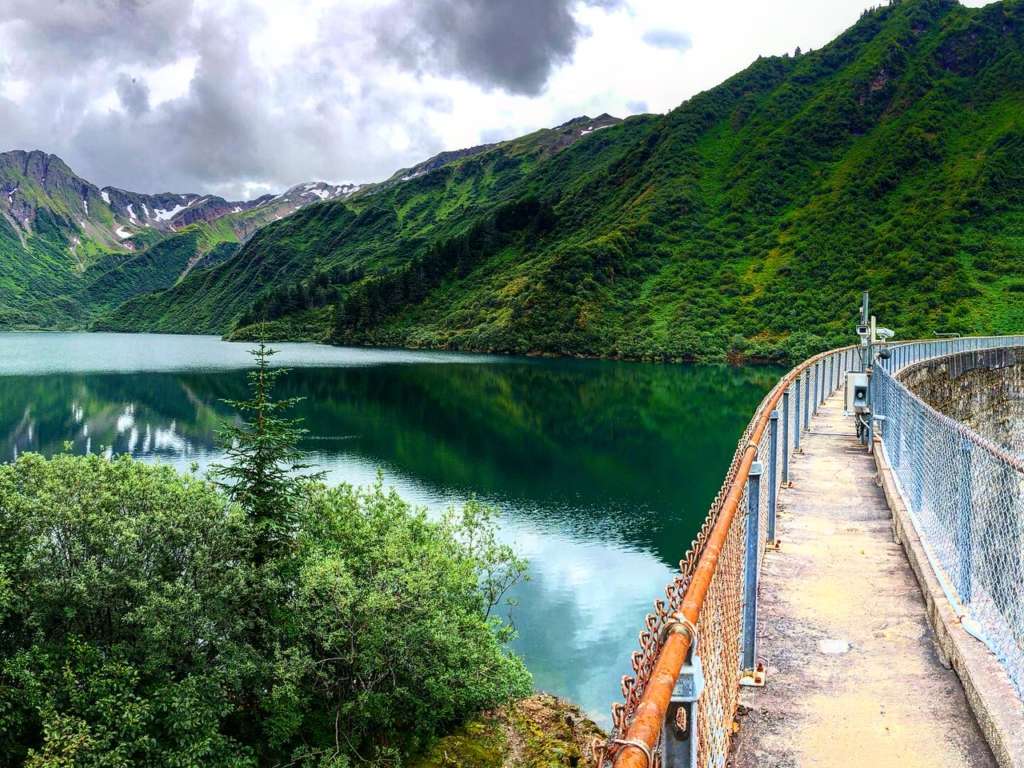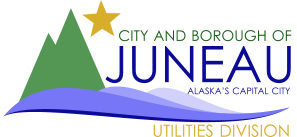Water Utility System Information

Safe drinking water is a prerequisite for all human activity and ensuring a clean supply of drinking water is an essential service to protect public health and the CBJ’s (City and Borough of Juneau) economy.
The City and Borough of Juneau owns, operates, and maintains a public drinking water system that services the majority of its residents, businesses, and tourists. This system also supports critical services, such as firefighting and healthcare (hospitals), and other dependent and interdependent sectors, such as energy, food and agriculture, and transportation systems.
Approximately 1.2 billion gallons of drinking water are produced and distributed annually by CBJ, drawing from separate and redundant ground- and surface water sources. Numerous pump stations deliver potable water via a network of over 180 miles of pipe, directing into a series of reservoirs that in turn feed thousands of hydrants and terminal water distribution connections.
The CBJ public drinking water system is one of over 153,000 similar public systems that provide potable water across the US. To protect and assure these critical systems, the US Cybersecurity and Infrastructure Security Agency (CISA) of the Department of Homeland Security (DHS) has developed a protection plan (Water and Wastewater Systems Sector-Specific Plan – 2015), upon which the CBJ bases its water management and protection approach.
Water Quality Reports / Consumer Confidence Reports (CCRs)
Annual Consumer Confidence Reports (CCRs) provide the public with regular assurance of potable water quality standards as established and maintained by the US Environmental Protection Agency (USEPA) and the Alaska Department of Environmental Conservation (ADEC). The CBJ also conducts spot and routing monitoring of its water production and distribution systems for operational control and maintenance protocols.
